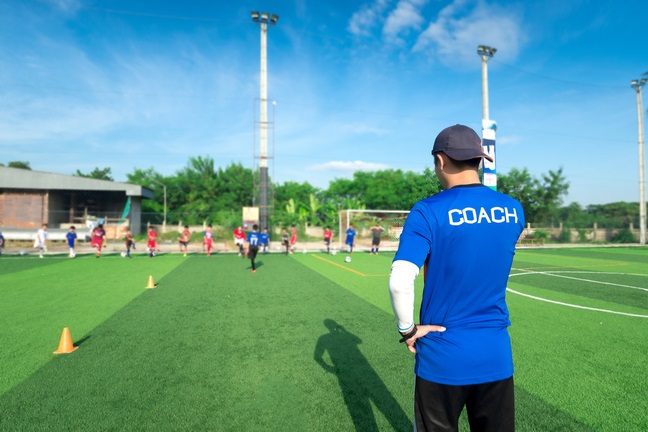If you haven’t read our first article “The Off Season, when champions are made” I would recommend doing it before reading the one below. It is important for some context and comprehension of our purpose for the month of July, where we discuss the best practices that coaches can have during the off-season.
For me, the first focus during the off-season is to reflect on previous experiences, which for us coaches can be an entire season, specific player development methods, logistics and everything that goes into our profession. From what I’ve learned and taken into consideration, reflection is the second step for any teaching (coaching) cycle: 1) experience 2) reflection 3) development 4) application. In every cycle, you are constantly going through the same patterns and stages, which makes it even more essential to focus on each step.

As we know, during the season this can be a very hard task to complete. The time for development is short, which makes us more reactive than proactive, even if that is not our intention. This is where the off-season becomes a key period for your season recap. Reflection gains a whole other level of relevance, which will directly impact the development and application stages in the future. During the season it can be hard to distinguish results from performances, necessary and unnecessary arguments within the team, or even to manage the relationships between athletes and the coaching staff. While everything during the season seems reactive, it’s during the off-season that we start being proactive, not in pre-season. Pre-season is where you put into practice everything you reflected on. Pre-season is already the development, application, and experience stages all together, not the moment to “clear some doubts” we could have about the season.
Something I always like to keep are records about my questions/doubts, and notes and points of discussion relative to the season. Don’t wait until the off-season to start taking these notes and expecting to remember everything that happened during the season. Use these notes, records, and databases to start your reflection process much more quickly and readily than what was done in the past. This is the main difference between a coach who uses their resources the best way during the off-season, and a coach who goes into pre-season to be reactive about “how the players show up”, “how the first game goes” or even “how and what the new players will bring to the team”. Those are all lazily reactive thoughts and feelings about things we can’t control, but they can be avoided if the work is done during the off-season. Instead, you could get to that moment and have a clear idea of what you can surely control. Using the off-season to create champions is accomplished by understanding why we were or weren’t champions previously, and by putting your emotions aside while being analytical and critical of your own work. How? We’ll talk about it next week.

